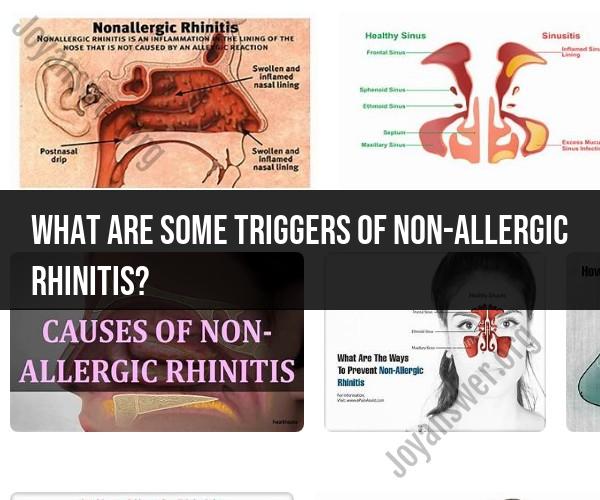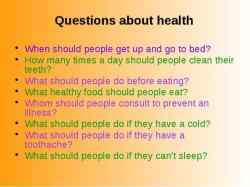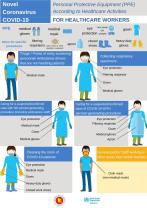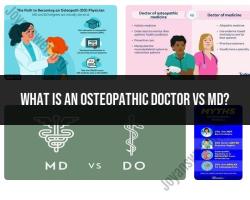What are some triggers of non-allergic rhinitis?
Non-allergic rhinitis is a condition characterized by inflammation of the nasal passages and the presence of symptoms like a runny or stuffy nose, sneezing, and postnasal drip, similar to allergic rhinitis (hay fever). However, unlike allergic rhinitis, non-allergic rhinitis is not triggered by allergens. Instead, it is associated with various other factors. Some common triggers of non-allergic rhinitis include:
Environmental Irritants:
- Smoke (including tobacco smoke)
- Air pollution
- Strong odors or fumes (e.g., perfumes, cleaning products)
- Changes in weather and temperature
Occupational Irritants:
- Workplace exposure to dust, chemicals, or fumes
- Occupational exposure to specific irritants like flour (baker's rhinitis) or wood dust (woodworker's rhinitis)
Infections: Viral or bacterial infections of the upper respiratory tract can lead to acute rhinitis symptoms, even when there are no allergies involved.
Medications:
- Certain medications, especially non-prescription decongestant nasal sprays, when used for an extended period, can lead to "rebound rhinitis" when discontinued.
Spicy Foods: Consumption of spicy foods can trigger non-allergic rhinitis symptoms in some individuals due to the irritation caused by capsaicin, a compound found in chili peppers.
Hormonal Changes:
- Hormonal fluctuations, such as those occurring during pregnancy or the menstrual cycle, can lead to rhinitis symptoms in some women (pregnancy rhinitis or menstrual rhinitis).
Gustatory Rhinitis: Eating hot or spicy foods, especially in sensitive individuals, can lead to gustatory rhinitis, which involves a runny nose triggered by eating.
Emotional Factors: Stress and emotional factors can exacerbate rhinitis symptoms in some people.
Idiopathic Rhinitis: In some cases, the exact cause of non-allergic rhinitis remains unknown, leading to a diagnosis of idiopathic rhinitis.
Aging: Age-related changes in nasal function can contribute to rhinitis symptoms in older individuals.
It's important to differentiate non-allergic rhinitis from allergic rhinitis (hay fever) because the management and treatment may differ. If you experience persistent or bothersome rhinitis symptoms, consult with a healthcare provider. They can help identify potential triggers and provide guidance on appropriate treatments or lifestyle changes to alleviate the symptoms. Diagnosing non-allergic rhinitis may involve a thorough medical history, physical examination, and, in some cases, diagnostic tests or allergy testing to rule out allergic causes.
Identifying Triggers of Non-Allergic Rhinitis
Non-allergic rhinitis is a common condition that causes inflammation of the lining of the nose. It is not caused by an allergic reaction, but rather by other factors such as environmental irritants, weather changes, and hormonal changes.
Some common triggers of non-allergic rhinitis include:
- Irritants: Irritants such as dust, smoke, pollen, and fumes can trigger non-allergic rhinitis symptoms.
- Weather changes: Changes in temperature or humidity can also trigger non-allergic rhinitis symptoms.
- Hormonal changes: Hormonal changes, such as those that occur during pregnancy or menstruation, can also trigger non-allergic rhinitis symptoms.
- Medications: Some medications, such as aspirin, ibuprofen, and beta-blockers, can trigger non-allergic rhinitis symptoms.
- Strong odors: Strong odors, such as perfume, cologne, and cleaning products, can also trigger non-allergic rhinitis symptoms.
Common Causes of Non-Allergic Rhinitis Symptoms
The most common symptoms of non-allergic rhinitis are:
- Runny or stuffy nose
- Sneezing
- Itchy nose
- Postnasal drip
- Loss of smell or taste
- Facial pain and pressure
- Watery eyes
Environmental Factors and Non-Allergic Rhinitis
Environmental factors can play a significant role in triggering non-allergic rhinitis symptoms. Some common environmental factors that can trigger non-allergic rhinitis include:
- Air pollution: Air pollution can irritate the lining of the nose and trigger non-allergic rhinitis symptoms.
- Smoke: Smoke from cigarettes, cigars, and pipes can also trigger non-allergic rhinitis symptoms.
- Pollen: Pollen is a common allergen that can trigger non-allergic rhinitis symptoms. However, pollen can also trigger non-allergic rhinitis symptoms in people who are not allergic to pollen.
- Fumes: Fumes from chemicals, cleaning products, and paint can also trigger non-allergic rhinitis symptoms.
- Weather changes: Changes in temperature or humidity can irritate the lining of the nose and trigger non-allergic rhinitis symptoms.
Lifestyle Changes to Manage Non-Allergic Rhinitis Triggers
There are a number of lifestyle changes that you can make to manage non-allergic rhinitis triggers. These include:
- Avoiding triggers: If possible, try to avoid the triggers that cause your non-allergic rhinitis symptoms.
- Using an air purifier: An air purifier can help to remove irritants from the air.
- Washing your hands often: Washing your hands often can help to prevent the spread of germs.
- Getting enough sleep: Getting enough sleep can help to boost your immune system and reduce inflammation.
- Managing stress: Stress can worsen non-allergic rhinitis symptoms. Find healthy ways to manage stress, such as exercise, yoga, and meditation.
Seeking Medical Evaluation and Treatment for Rhinitis
If your non-allergic rhinitis symptoms are severe or do not respond to lifestyle changes, you may need to see a doctor. Your doctor can diagnose non-allergic rhinitis and recommend treatment options.
Treatment options for non-allergic rhinitis include:
- Over-the-counter medications: Over-the-counter medications, such as antihistamines and decongestants, can help to relieve non-allergic rhinitis symptoms.
- Prescription medications: Prescription medications, such as nasal corticosteroids and allergy medications, can also be used to treat non-allergic rhinitis.
- Allergy shots: Allergy shots can help to reduce your sensitivity to allergens and reduce non-allergic rhinitis symptoms.
If you are struggling to manage non-allergic rhinitis symptoms, talk to your doctor. They can help you develop a treatment plan that is right for you.












